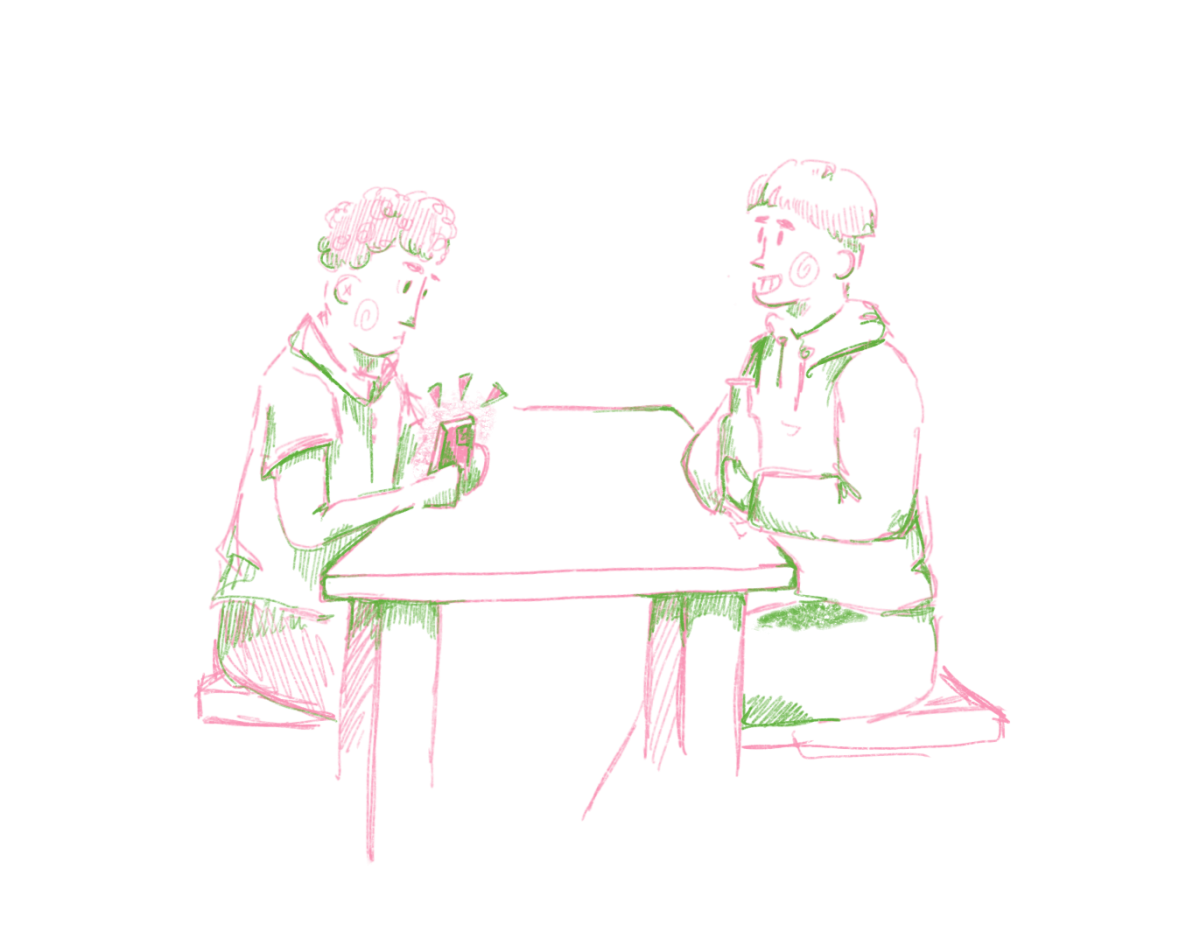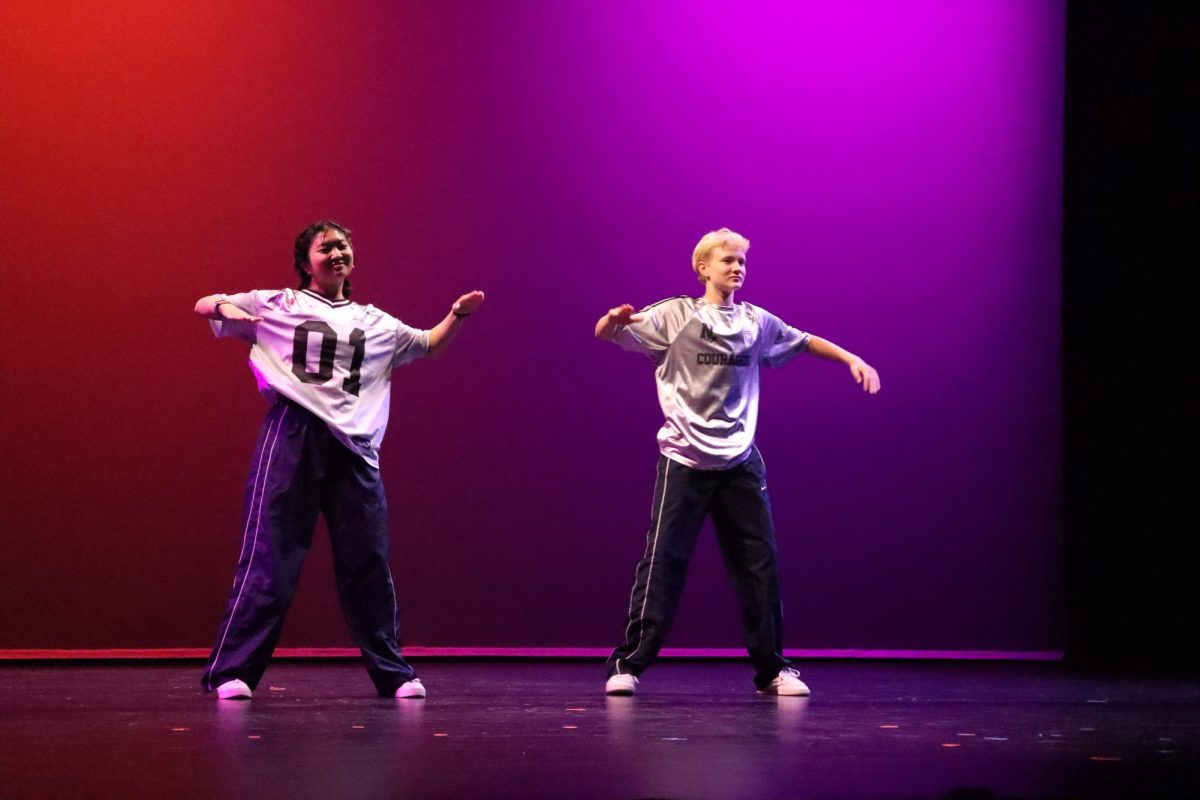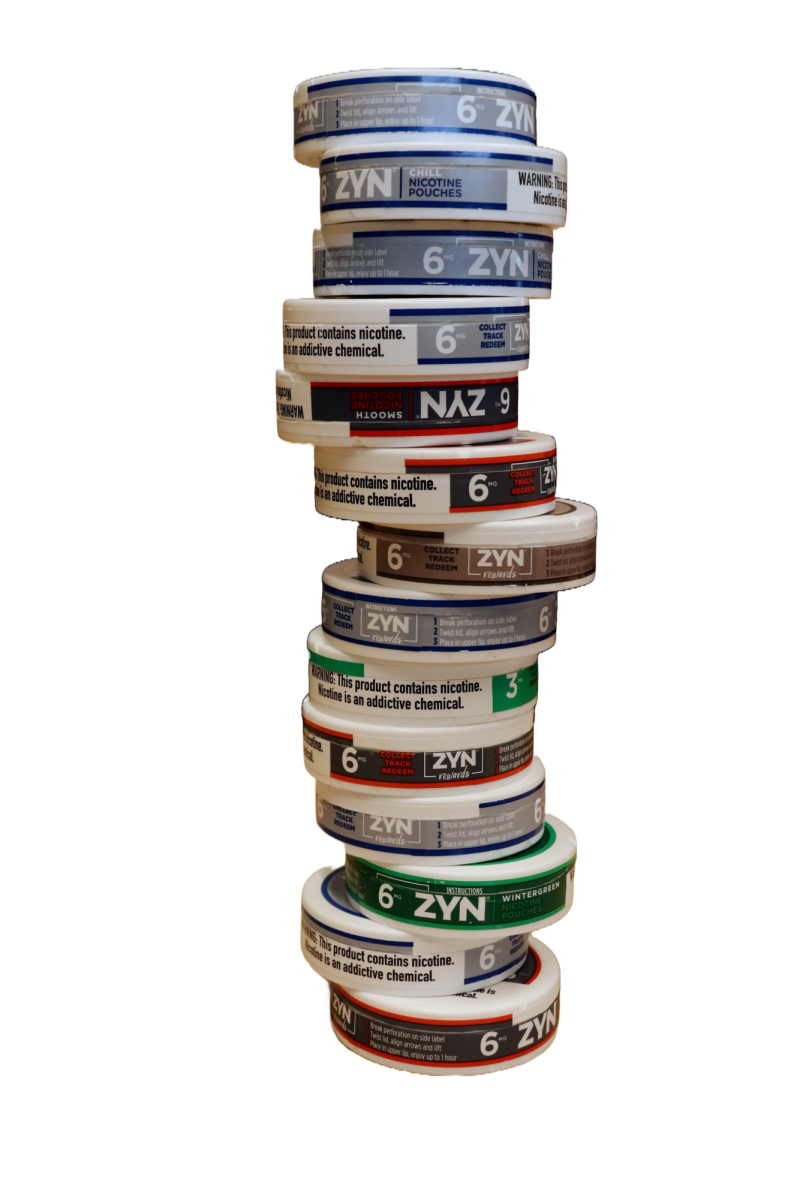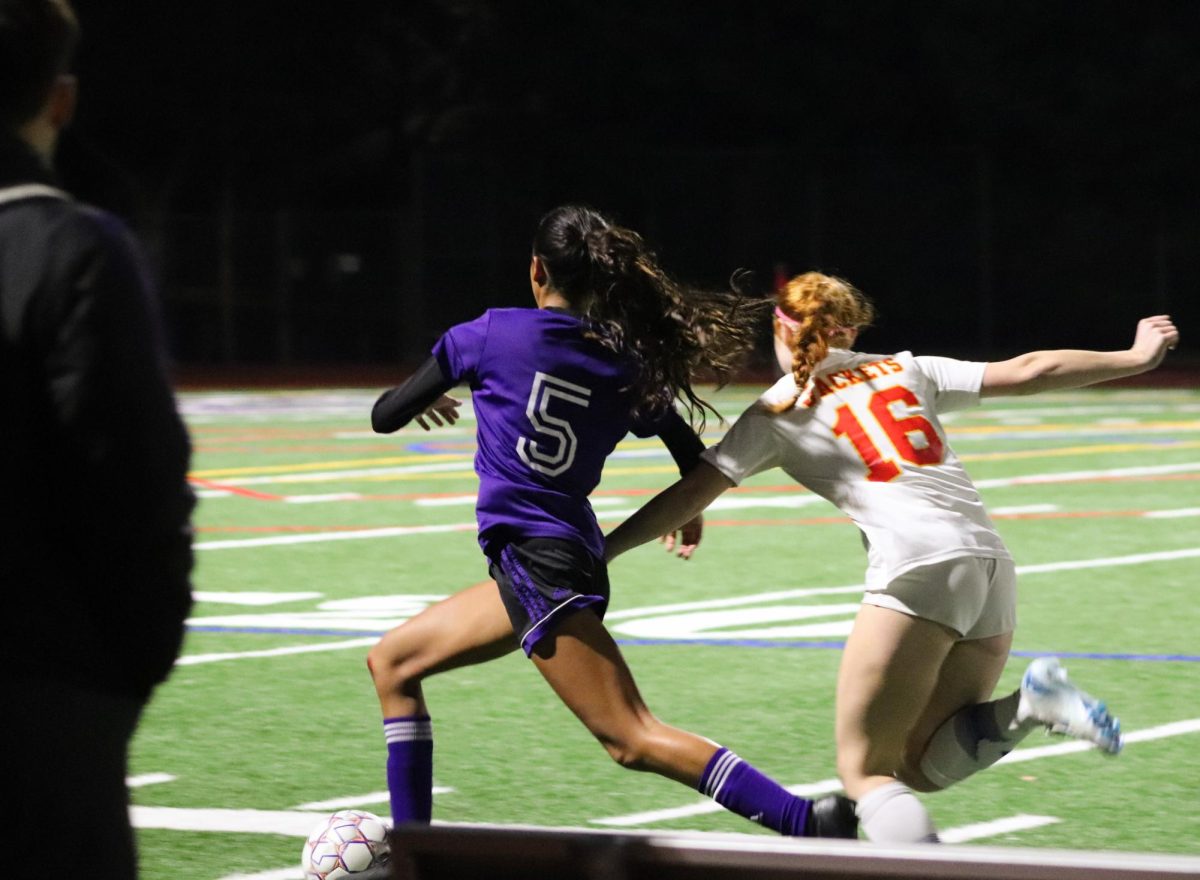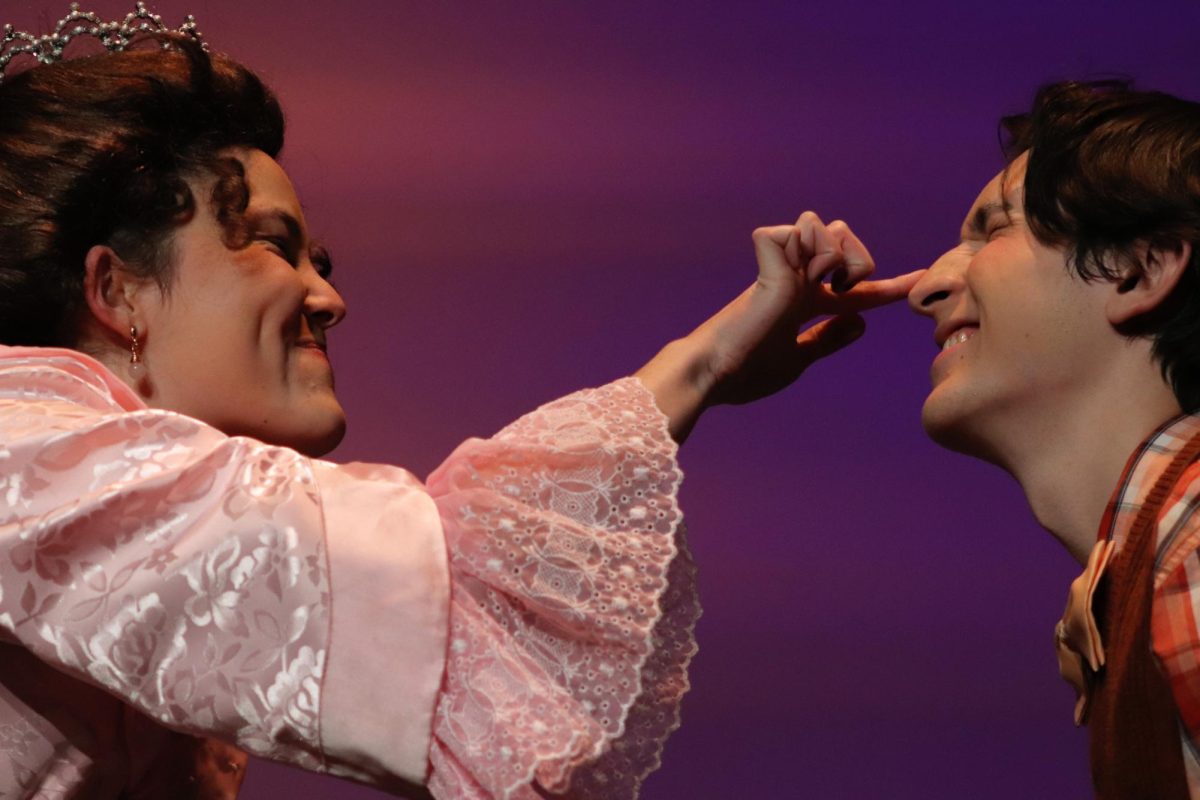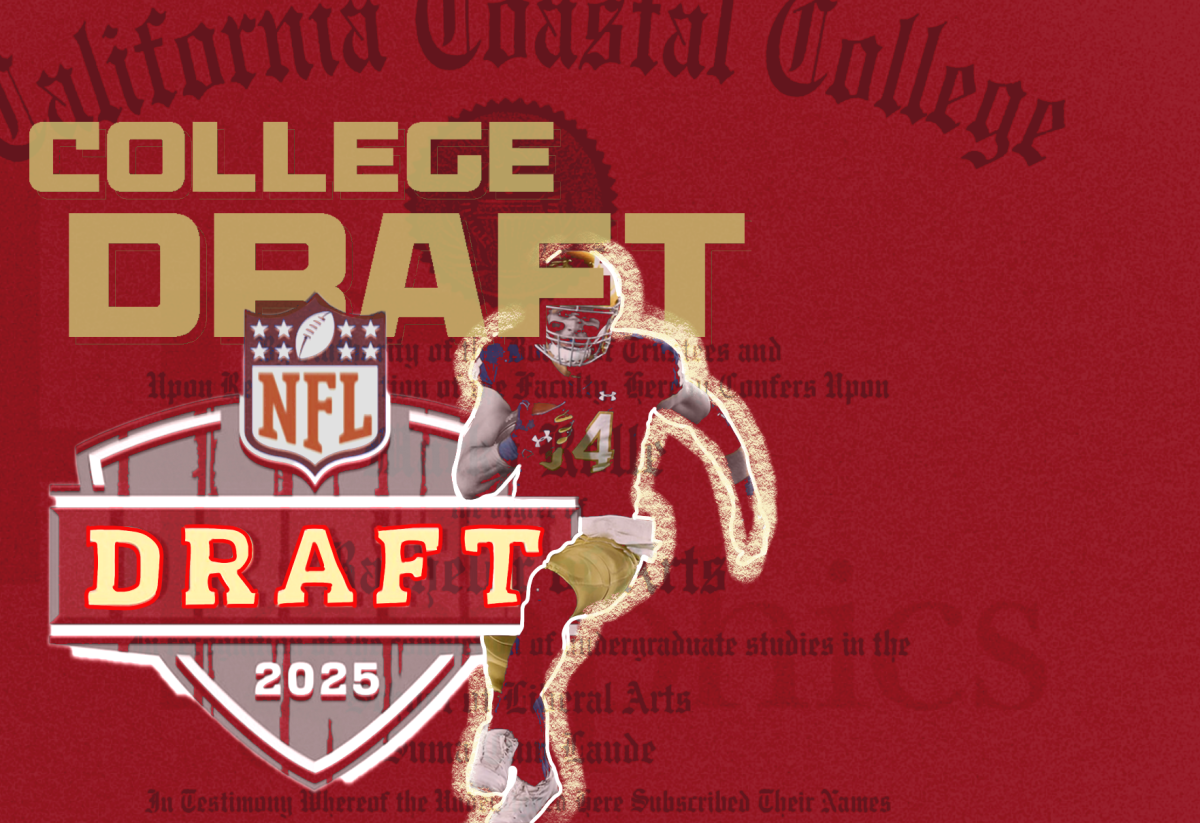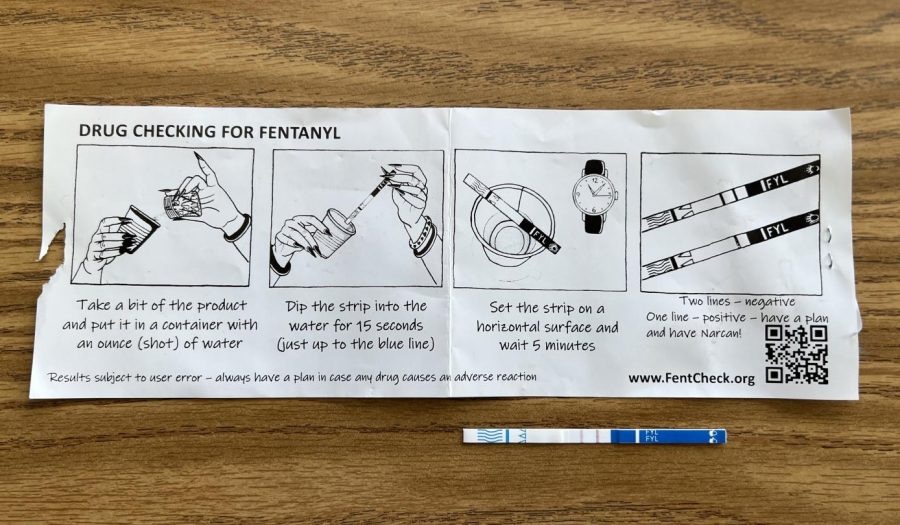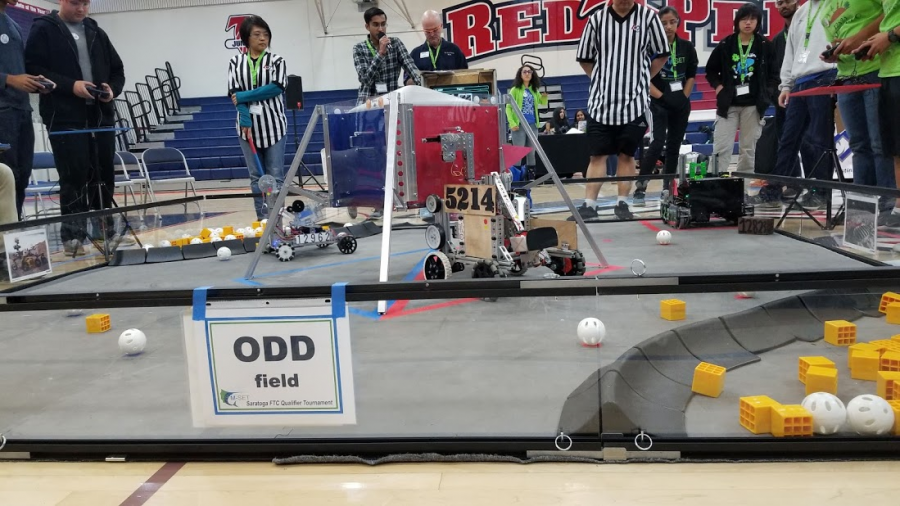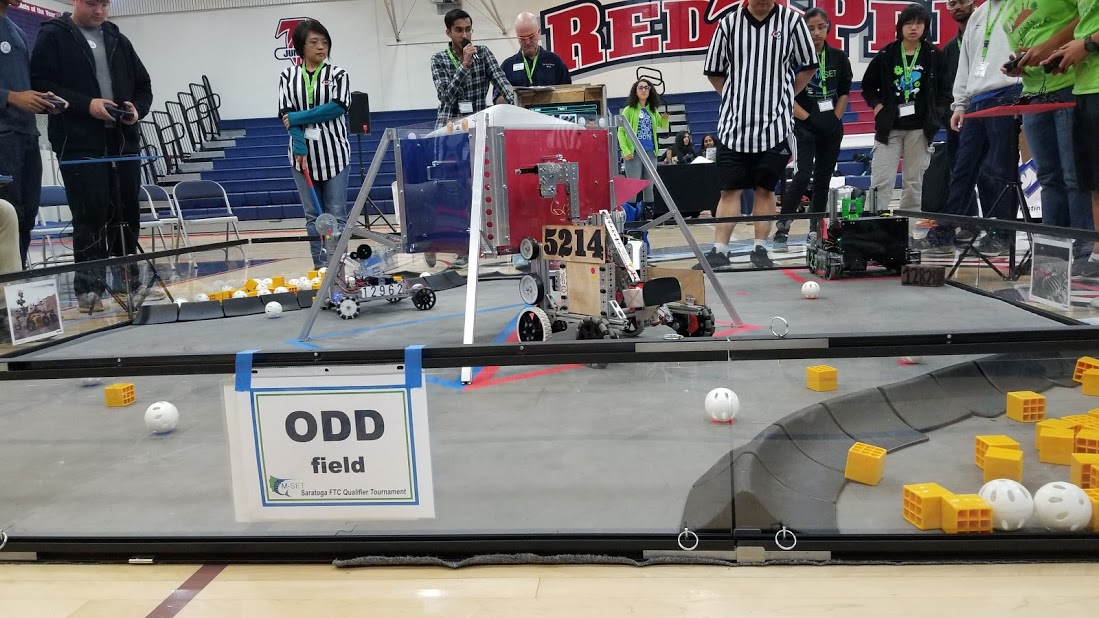
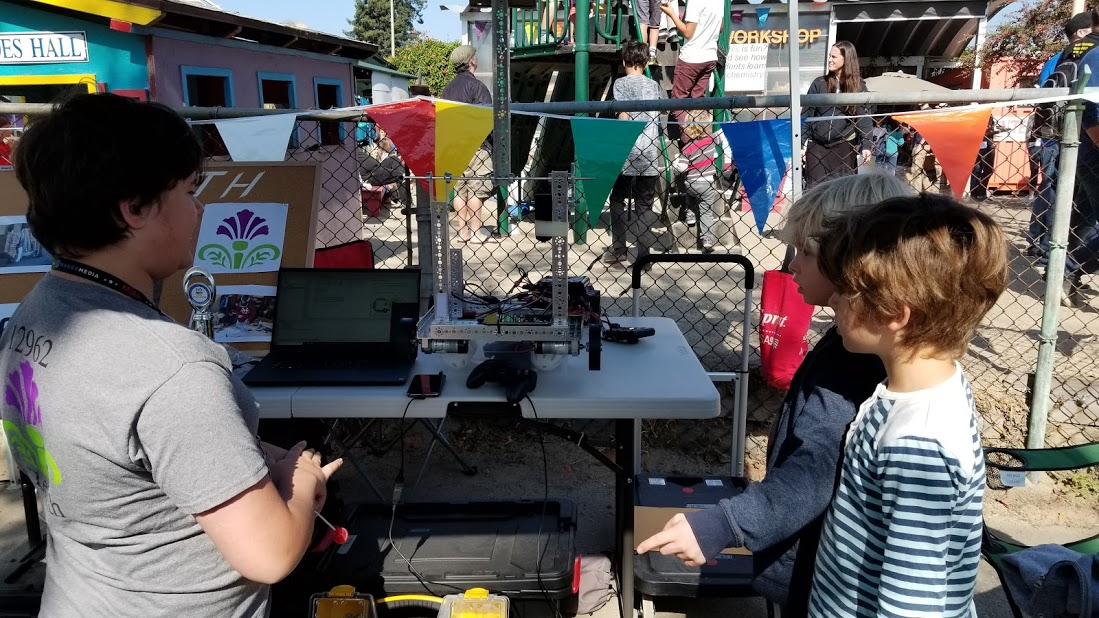
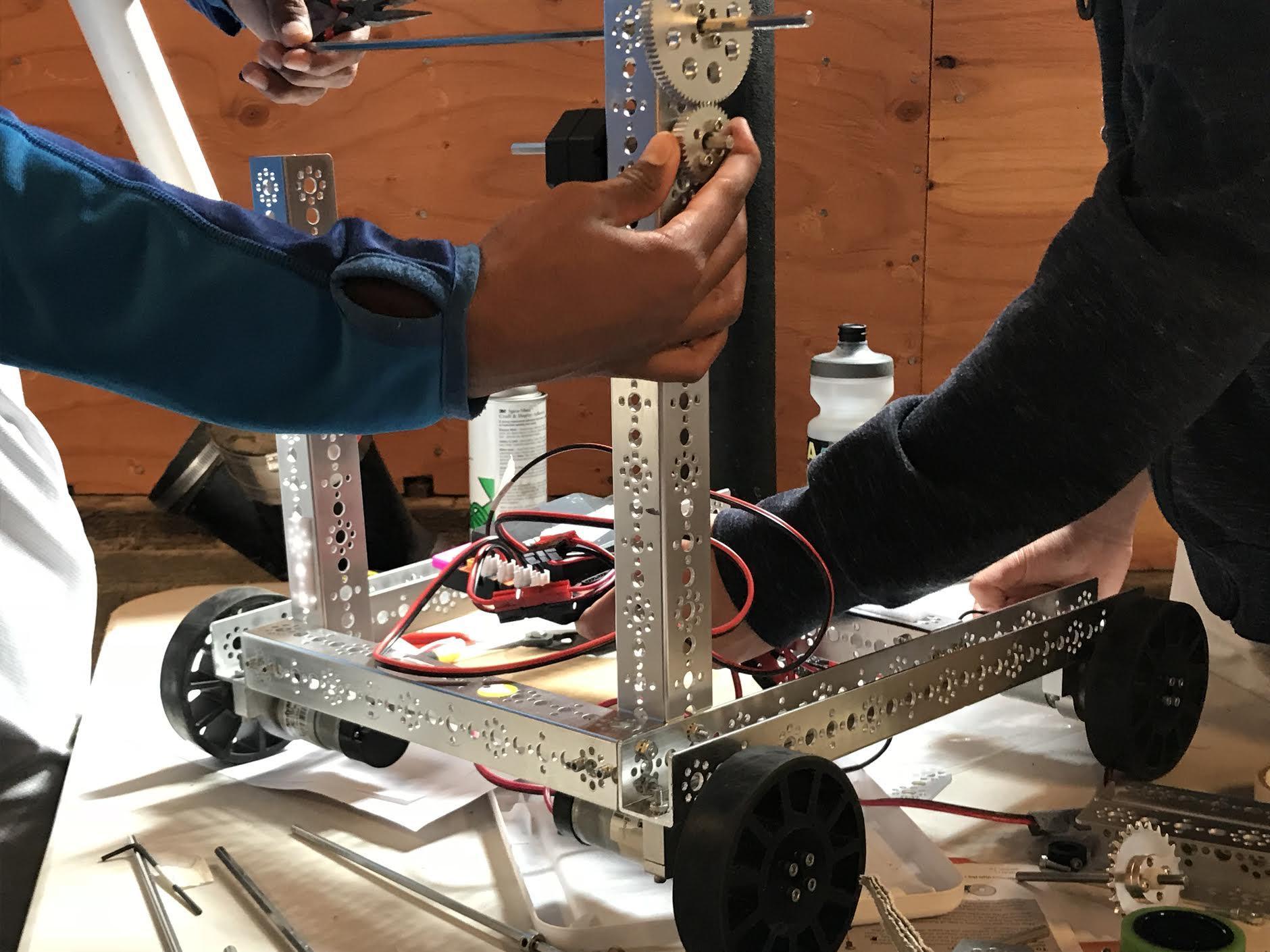
Robotics competitors take their marks in a gym filled with electric energy. Fluorescent lights reflect off of the shiny beams of their creations. Big white wheels, thin black cords, oddly sized gears. In the competition arena lie colorful blocks, part of the challenge for the robots. Teams of programmers and engineers stand on the sidelines, watching their hard work pay off.
“Scotbotics” and “Zenith” are two of these teams.
Scotbotics is a name blend of our Scot mascot and robotics. Sophomore Henry Lambert has been doing robotics for three years and has spent the past two years on Scotbotics. 
“Hanging out with everyone on the team is really fun,” Lambert said.
Lambert decided to join Scotbotics because he likes building with mechanical parts, and robotics is almost exactly that, he said.
“There are the hardware and the software groups [on the team], and then there are people who try to get sponsors,” Lambert said. “The hardware people will build the robots during the meetings and the software people will program it.” 
Many robotics teams work towards sponsorships that provide a budget for the team to purchase materials, said Zenith team member, sophomore Akash Kothari. Scotbotics has members who write letters to potential sponsors.
“We’re sponsored by Camp Galileo,” said Zenith team member, sophomore Helena Lowe.
Zenith is another robotics team that was created two years ago, junior Sophia Zalewski said. Last year they were a “rookie team,” and they are still in their learning phase.
“[I decided to join a robotics team] because I’m not in any computers classes anymore,” Zalewski said. “I like getting exposure to programming.”
Zalewski said that she started participating in robotics two years ago after alumnus, Walter Teitelbaum, started Zenith and invited her to join the team.
Robotics teams, like Scotbotics and Zenith, attend competitions where their robot competes against other robots.
“My favorite part is definitely tournaments because you get to see your hard work pay off,” Kothari said.
During competitions, both the robot’s performance and team notebook get evaluated, Lambert said. This notebook details what the team works on during their meetings.
“[Teams] make a notebook throughout the year,” Lambert said.
During competitions, there are judges that assess the notebook and if they like it, a team can get a special award and move on to the next competition.
“You can win the competition by scoring the most points [based on the performance of the team’s robot],” Lambert said.
Scotbotics won one of their competitions last year, and placed third in their first competition this year, Lambert said. Their next competition is in February.
Zenith hasn’t won any of their competitions yet, Zalewski said.
“We’re a newer team, so we’re trying to figure everything out,” Zalewski said. “We have a pretty steep learning curve that we’re trying to get over. A lot of teams have mentors that help them, but we’re doing it on our own.”
To increase performance at tournaments, Scotbotics and Zenith meet multiple times a week.
Lambert usually attends Scotbotics meetings three times a week, but sometimes he works every day.
“As we [Zenith] approach tournament dates, we increase our meetings,” Kothari said.
A lot of teams are popping up everywhere in Piedmont, Lambert said.
“You don’t have to necessarily be interested or know a lot about engineering or software,” Kothari said. “I know very little about programming and I still have a great time.”


